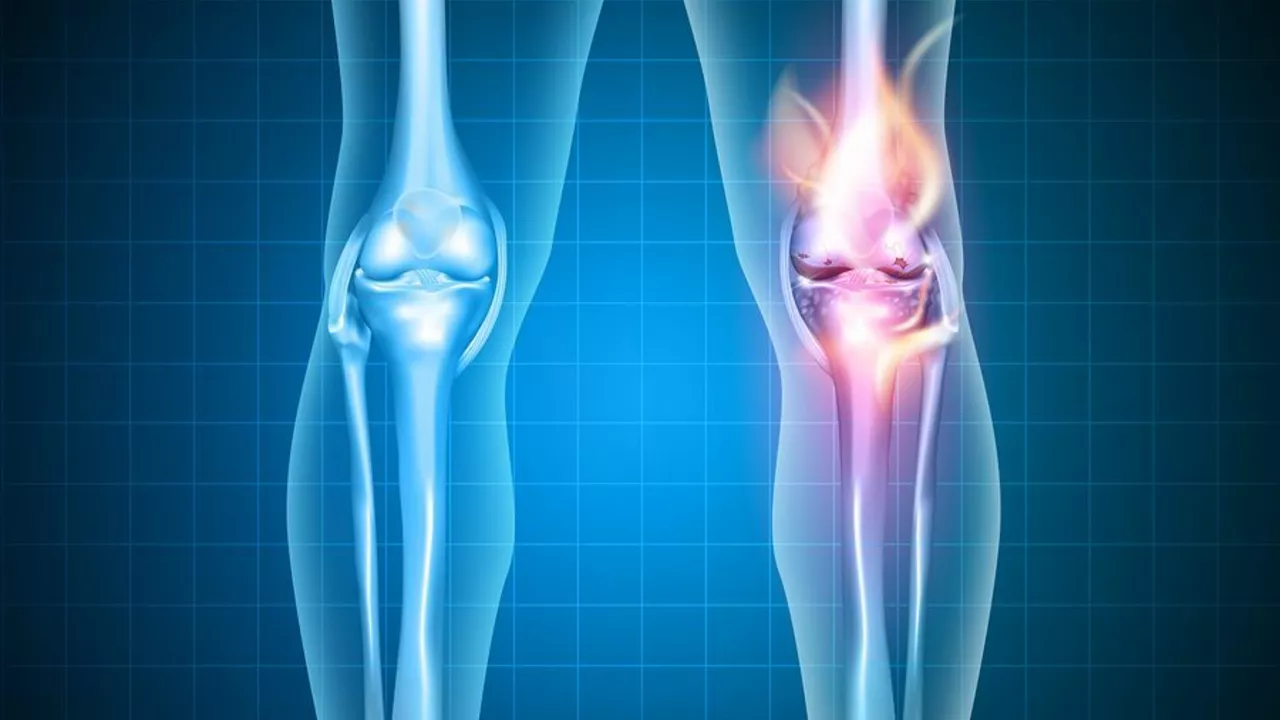Understanding Juvenile Arthritis and Its Impact on Your Child
As a parent, hearing your child has juvenile arthritis can be overwhelming and confusing. Juvenile Arthritis, contrary to popular belief, isn't just an elderly ailment. It can affect children of any age, causing joint pain, inflammation, and stiffness. The disease can dramatically affect your child's quality of life, often resulting in chronic pain and fatigue. It's essential to understand that while juvenile arthritis is a chronic condition, it doesn't define your child. With the right treatment and support, your child can lead a normal and fulfilling life.
Discussing Surgery as a Treatment Option
When conservative treatments like medication or physical therapy don't provide enough relief, surgery may be considered as a treatment option. It's a significant decision, and one that should be made after a thorough discussion with the medical team. The primary goal of surgery is to improve your child's mobility and relieve pain. However, it's important to remember that surgery is usually considered a last resort, and it's typically recommended only when other treatments have not been effective or when the child's quality of life is significantly impacted.
Knowing What to Expect Before Surgery
Understanding the surgical process can help both you and your child feel more at ease. First, your child will undergo a preoperative evaluation to ensure they are healthy enough for surgery. This may include blood tests, x-rays, and a physical exam. On the day of the surgery, your child will be given anesthesia to ensure they are asleep and pain-free during the procedure. The surgeon will then perform the operation, which may involve removing inflamed tissue, realigning the joints, or even replacing the joint entirely.
Helping Your Child Recover After Surgery
Post-surgery recovery is a crucial part of the journey. Immediately after the surgery, your child will be closely monitored to ensure they are recovering as expected. They will likely experience some pain and discomfort, which can be managed with medication. They may also need to stay in the hospital for a few days. Once they're home, it's important to follow the doctor's recovery plan, which may include physical therapy, medication, and regular check-ups. It's important to be patient, as recovery can take time and progress may be slow.
Navigating the Emotional Impact of Surgery
Aside from the physical aspects, surgery can also have a significant emotional impact on your child. They may feel scared, anxious, or upset about the procedure and its aftermath. It's essential to validate their feelings and provide emotional support throughout the process. Consider seeking help from a counselor or psychologist who specializes in working with children with chronic illnesses. It's also helpful to connect with other families who have gone through similar experiences, as they can offer understanding, advice, and encouragement.


sarat babu
July 6, 2023 AT 22:26Ifeoluwa James Falola
July 7, 2023 AT 17:44Adam Phillips
July 8, 2023 AT 05:18Julie Lamb
July 8, 2023 AT 13:47april kakoske
July 9, 2023 AT 13:22